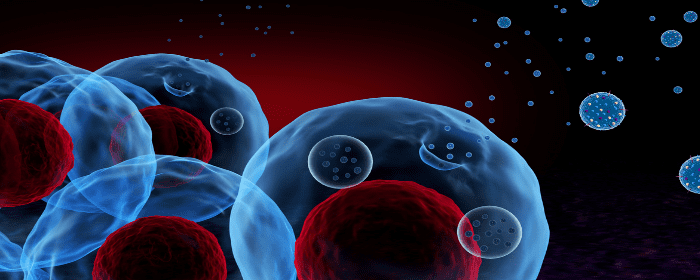Alzheimer’s disease is a progressive form of dementia, which means its symptoms get worse over time. Alzheimer’s disease primarily affects memory. People with Alzheimer’s disease first have trouble recalling recent memories, but they eventually lose memories of things that occurred earlier in life. Alzheimer’s disease can also cause irritability, social disengagement, and problems performing tasks of daily living. As the disease worsens, it becomes increasingly difficult to care for people with Alzheimer’s disease and most eventually require full-time care. This article is on an Alzheimer’s Disease study that may bring hope to those seeking an alternative to help manage symptoms or halt progression.
There is no cure for Alzheimer’s disease. Treatments include cholinesterase inhibitors (donepezil, rivastigmine, and galantamine) or memantine. These drugs may slightly improve cognition or temporarily slow the disease, but they do little to change the overall course of the disease or truly alleviate symptoms. Since Alzheimer’s disease affects over 5 million people in the United States alone, researchers are aggressively pursuing ways to treat the cause of dementia.
The precise cause of Alzheimer’s disease is unknown; however, the brains of people with the disease have very high levels of a protein called beta-amyloid. This protein can cause inflammation, which is damaging to brain tissue and believed to contribute to Alzheimer’s disease symptoms.
In the race for a cure, researchers tested the effects of exosomes from mesenchymal stem cells in mice with experimental Alzheimer’s disease study. Without treatment, these Alzheimer’s disease mice have difficulty with various tests of memory and cognition compared to healthy mice of the same age. Astonishingly, mice treated with exosomes retrieved from mesenchymal stem cells showed remarkable improvements in tests of spatial learning, memory, and cognition (e.g. modified Morris water-maze). The exosomes reduced the levels of beta-amyloid protein and beta-amyloid plaques in regions of the brain responsible for learning and memory. The researchers found that these exosomes, taken from the human umbilical cord, contained high amounts of enzymes that break down beta-amyloid proteins. Indeed, treatment with mesenchymal stem cell-derived exosomes reduced brain inflammation (i.e., the exosomes reduced inflammatory cells and inflammatory cytokines). These results apparently indicate treatment with stem cell-derived exosomes reduced brain inflammation, reduced brain beta-amyloid, and improved learning and memory in experimental mice.
More studies will need to be performed in humans to continue research of this treatment and impact in human cases. Nevertheless, given the lack of treatments for Alzheimer’s disease, these results are quite impressive. Few treatments, if any, improve memory or reduce beta-amyloid levels and brain inflammation. At best, patients currently hope to slow the progression of the disease and ease symptoms.
Reference: Ding M. et al. (2018). Exosomes Isolated from Human Umbilical Cord Mesenchymal Stem Cells Alleviate Neuroinflammation and Reduce Amyloid-Beta Deposition by Modulating Microglial Activation in Alzheimer’s Disease. Neurochemical Research. 2018, Nov;43(11):2165-2177.


 St. Petersburg, Florida
St. Petersburg, Florida
